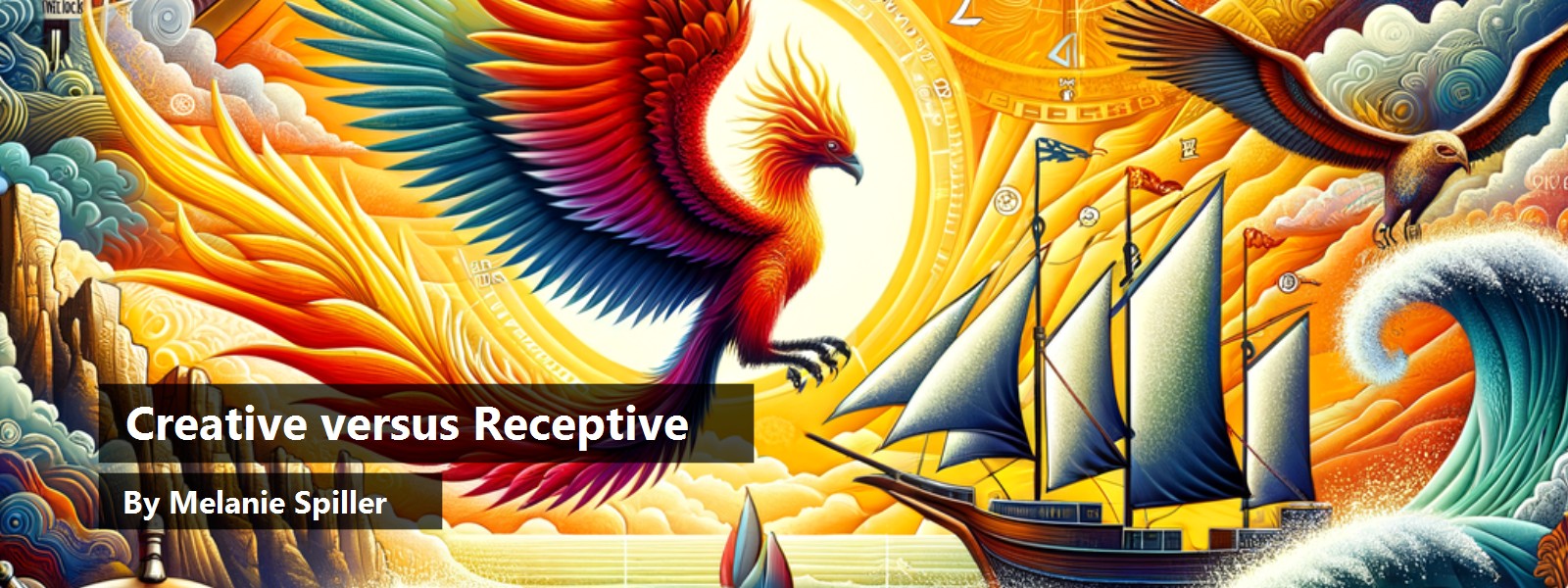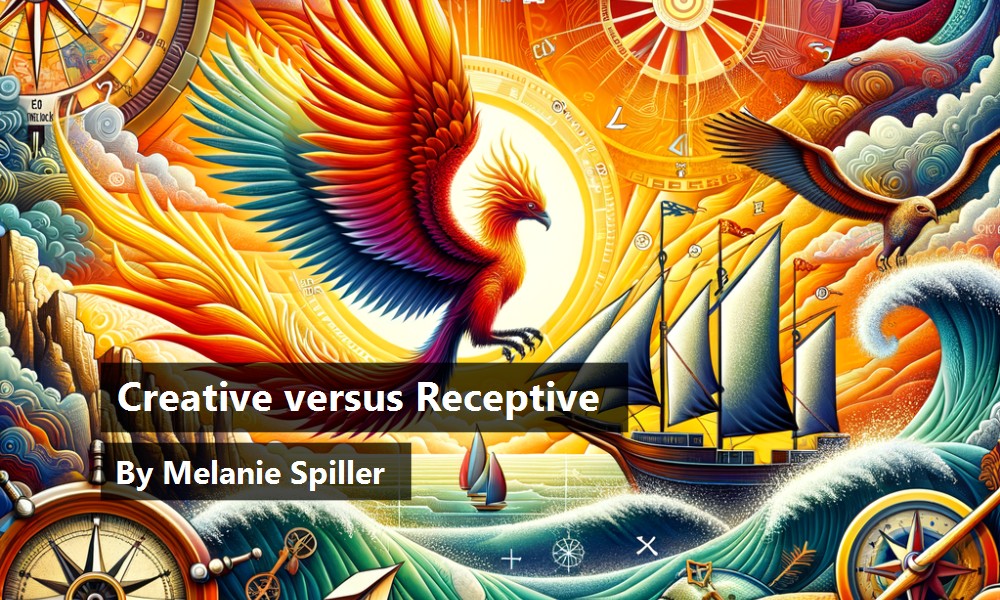I'm writing another book, a mystery this time. Of course, it's riddled with music history (and some cool stuff about ancient maps and ship's journals from the 15th century). I've invented a situation where something believed to be lost is found and there's a chase across Germany to discover the truth (or not) of it. I'm having a lot of fun combining musicology and history with modern technology. But there's a catch.
After a little bit of research, I've discovered that books in the mystery section almost always include a murder. In order to get published you have to play by the rules, so I started thinking about which character I was willing to bump off. The answer is that I don't want to kill any of them, partially because I already have two other books planned in the series and I need the expertise of the main characters in all of them. I don't want to distract from my chase through history with a murder, which, after all, should be more important than some missing or rediscovered documents, right? Now that I've done this tiny bit of research, my writing process is colored by the question: How risky is it to NOT do what everyone else is doing?
We see this dilemma all the time in software development. Something truly innovative succeeds and immediately the bandwagon is full of imitators and knock offs. Some companies even do “variations on a theme” themselves in an effort to squeeze every drop of profit and reputation out of their product. Even if you know you're first, how do you know if what you've built is the first of a great thing or just another forgotten blip in the history of software? How do you know whether the enthusiasm of the team is the pleasure of the problem-solving chase and or if it's a truly world-changing product?
I started thinking about inventions that changed the world but that a later invention improved upon. For instance, China came up with the idea for moveable type about three centuries earlier than Gutenberg, but Gutenberg's printing press made literacy available to the masses for the first time—he didn't know about the Chinese invention, so he invented moveable type on his own. Or how about Orville and Wilber Wright? Although they weren't the first to have their idea, their success made commercial flight possible only 11 years later. Apple's GUI and, shortly thereafter, Windows 95 made it possible for smart phones to be in every pocket just over twenty years later. Now, a whole generation can't imagine a time before portable computers and internet access.
There's obviously plenty of evidence for breaking new ground leading to success, and plenty of evidence for success coming from improving upon something that already exists. How do you know if it's too great a risk or one that the world just isn't ready for? Or even that the problem you've solved is one that you alone had?
All this hemming and hawing made me think about the creative impulse and the imitative improvements that are everywhere, occasionally obscuring the original completely, and the risks involved with being completely original and with being yet another wannabe. I remembered lessons I learned years ago from the I Ching, the late 9th century BCE divination text that so captivated the great philosopher Confucius (5th and 4th centuries BCE). The divinator tosses yarrow sticks to get a hexagram that reveals the answers to questions or about the person asking the questions. The two most rare hexagrams are the Creative (#1) and the Reactive (#2) (see Figure 1). The Creative comes up with true innovations, apparently out of nowhere, and the Reactive takes an idea that already exists and tweaks it into something new. These ancient concepts are still applicable, which is kind of cool, but not really helpful in my novel-writing conundrum. This isn't a new concept in my own life either, as my non-fiction music history book is entirely based on a study of innovation—both those that came from nowhere and those based on existing musical inventions (https://tinyurl.com/MusicalInnovators).

One way of invention isn't better than the other—they're just different. You can tweak an existing thing so extensively that it barely resembles the original, and you can come up with something entirely on your own that's exactly like something someone else invented elsewhere. (Did you know that the bagpipe was invented on every single populated continent except Australia? Australians had their own drone instrument—the digeridoo. Apparently, everyone loved a drone once upon a time, and everyone—even in Australia—found a good use for a nice animal bladder.) Anyway. I started thinking about how we're supposed to know when our innovation is truly new and will be popular or useful, and when it's merely another variation on a theme and will take only a small nibble out of an already well-munched pie.
I've only written five chapters in the first draft of my book, so I think I'll finish writing the story I want to tell without a murder. There will be more drafts. I've got more research to do about whether I'm the only non-murderous mystery writer, but I've got months to go on my first draft, so plenty of time to change my mind, if I get to the end and feel that it needs something more exciting than just solving three ancient mysteries with a wild chase across Europe.
Will you succumb to peer pressure when you're developing software? Or go your own way and hope that yours is the start of a whole new direction?






